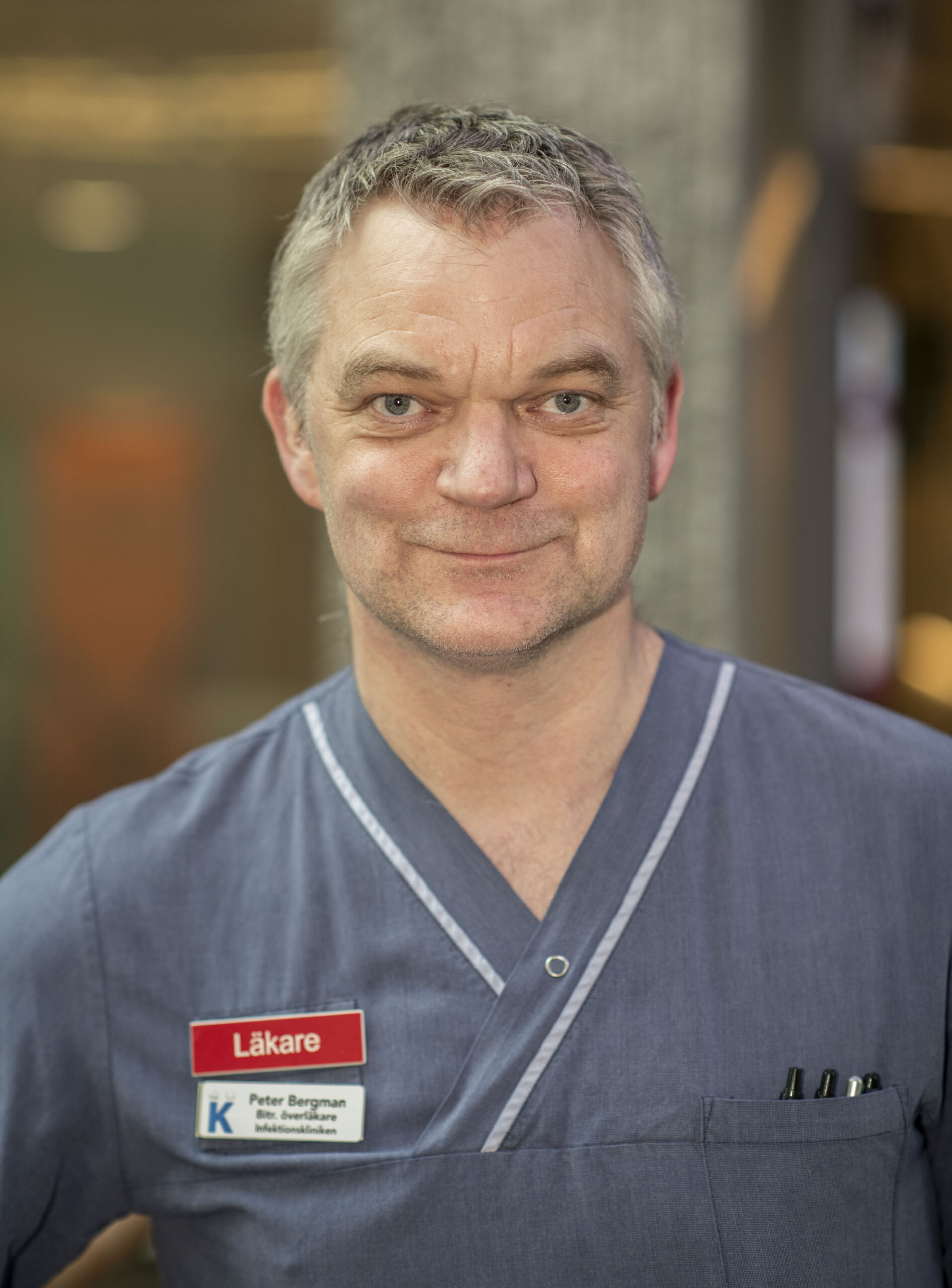Grantees 2021: Funding for projects in Ghana, Portugal and Sweden
PAR Foundation grants a total of three million SEK (approximately EUR 300 000) to three different projects in Ghana, Portugal and Sweden in their first international grant call. The projects adress important aspects of how to prevent common infections among elderly that are significant drivers of antibiotic consumption.
Augustina Frimpong, University of Ghana, receives one million SEK (approximately EUR 100 000) for an exploratory study on pneumonia among elderly in Ghana. Pneumonia is very common and one of the leading causes of death among elderly in developing countries, and patients are often treated with antibiotics. The aim is to develop evidence for effective preventive interventions, for example if vaccination programmes for pneumonia in Ghana should also target elderly persons. Today, the vaccination programme only includes children under five years of age.
– This is great news for us. This grant will provide us with the needed resources to investigate the spectrum of S. pneumoniae resistance to antibiotics in the Ghanaian elderly population. If we can identify strains of public health importance and combine them with host immune markers, that will help us to identify those at risk of disease. Hopefully we will be able to make recommendations on whether there is a need to introduce the pneumococcal vaccine in the Ghanaian elderly population, says Augustina Frimpong.

Augustina Frimpong, University of Ghana, Ghana
Peter Bergman, Karolinska Institutet, Sweden, receives one million SEK (approximately EUR 100 000) for a clinical study to investigate if higher doses of vitamin D would be an effective way to prevent respiratory tract infections among elderly. Vitamin D in lower doses have long been recommended to prevent osteoporosis, but there are indications that a higher dose could also prevent respiratory tract infections.
– Respiratory tract infections are very common among elderly persons and are often treated with antibiotics. We know that supplementation of vitamin D can reduce the number of respiratory tract infections and antibiotic use among younger patients, but the evidence for supplementation in older patients is unclear. We therefore need to study this group specifically. We are very happy about this contribution from PAR Foundation which means that our planned study now can be executed, says Peter Bergman.

Peter Bergman, Karolinska Insitutet, Sweden
PPCIRA (National Program for Infection and Antimicrobial Resistance Prevention), Portugal, receives one million SEK (approximately EUR 100 000) for a project to prevent urinary tract infections in Portuguese care facilities for elderly. In comparison to Sweden, Portugal has a high antibiotic consumption per capita, and urinary tract infection is one of the most common causes of antibiotic treatment among elderly. The project focuses on training and methods to achieve behaviour change among healthcare staff and relatives of the patients.
– We thank PAR Foundation for the support. This grant is very important for the Portuguese Program on Healthcare Associated Infections and Antimicrobial Resistance Prevention, as it will allow us to address a relevant problem – catheter associated urinary tract infection (CAUTI) – in a frail population, those living in long term care facilities. We aim to decrease the use of urinary catheters, minimize the incidence of CAUTI and its overdiagnosis, reduce antimicrobial consumption and, consequently, the emergence of antimicrobial resistance, says Margarida Valente from the PPCIRA team.

The PPCIRA team, from left to right: Ana Lebre, Maria Goreti Silva, Pedro Pacheco, Margarida Valente and José Artur Paiva
Related articles
New collaboration between PAR Foundation and the Global AMR R&D Hub
– The collaboration with PAR Foundation is an excellent example for how the Dynamic Dashboard and the work of the Global AMR R&D Hub can support funders and stakeholders in the AMR R&D field more broadly, says Dr Elmar Nimmesgern, who leads the work of the Global AMR R&D Hub from their offices in Germany.
Opinion: Resistance could pose the greatest threat to our health
Debate article by The Foundation to Prevent Antibiotic Resistance, published in one of Sweden’s major daily newspapers Svenska Dagbladet 18 November 2020.
How should we measure our impact?
The Foundation to Prevent Antibiotic Resistance has joined the Swedish impact measurement network Effektfullt, a partner network of Social Value International. We will work together with other change-making organizations to develop effective ways to measure our impact.
